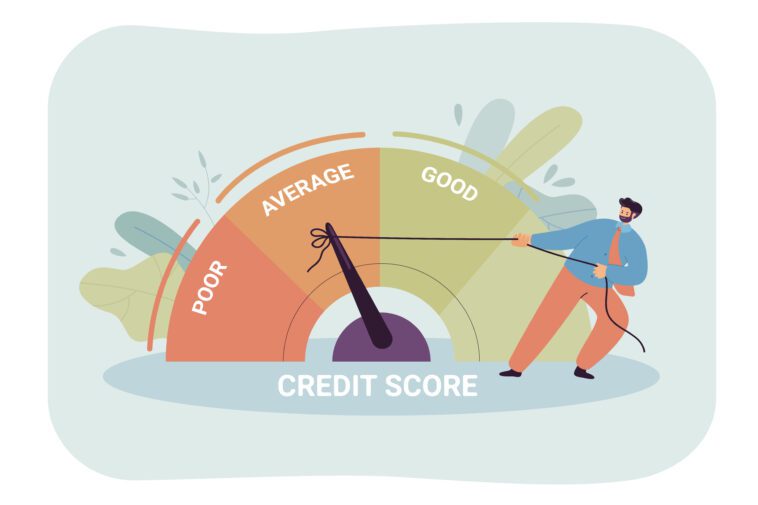Introduction: The Significance of Your Credit Score
Your credit score is more than just a number; it’s a key that unlocks doors to various financial opportunities. In this article, we’ll explore the world of credit scores, understand what they represent, how they’re calculated, and most importantly, how you can improve and leverage your credit score to achieve your financial goals.
Understanding Your Credit Score
Your credit score is a three-digit number that reflects your creditworthiness, which is essentially your ability to repay borrowed money. It’s used by lenders, landlords, insurance companies, and even potential employers to assess your financial reliability. Here’s how it works:
1. The Three Major Credit Bureaus
Three major credit bureaus – Experian, Equifax, and TransUnion – collect and maintain your credit information. They use this data to calculate your credit score.
2. The FICO Score
The most commonly used credit score model is the FICO score, which ranges from 300 to 850. The higher your score, the better your creditworthiness.
3. Factors Influencing Your Score
Several factors influence your credit score:
a. Payment History (35%)
Your history of making on-time payments significantly impacts your score.
b. Credit Utilization (30%)
This is the ratio of your credit card balances to your credit limits. Lower utilization is better for your score.
c. Length of Credit History (15%)
A longer credit history generally results in a higher score.
d. Credit Mix (10%)
Having a mix of different types of credit, such as credit cards and loans, can positively impact your score.
e. New Credit (10%)
Opening multiple new credit accounts in a short period can lower your score temporarily.
Why Your Credit Score Matters
Your credit score plays a critical role in your financial life:
1. Loan Approvals
Lenders use your credit score to determine whether to approve your loan application and what interest rate to offer.
2. Interest Rates
A higher credit score can secure lower interest rates on loans and credit cards, saving you money over time.
3. Housing and Rentals
Landlords often check credit scores when considering rental applications.
4. Insurance Premiums
Insurance companies may use your credit score to set premiums for auto and home insurance.
5. Employment
Certain employers may review your credit history, particularly for positions that require financial responsibility.
Improving Your Credit Score
If your credit score needs improvement, consider these steps:
1. Pay Bills on Time
Consistently making on-time payments is the most effective way to boost your score.
2. Reduce Credit Card Balances
Lowering credit card balances relative to your credit limits can have a positive impact.
3. Avoid Opening Too Many New Accounts
Opening multiple new accounts within a short period can hurt your score.
4. Check Your Credit Report
Regularly review your credit report for errors and dispute any inaccuracies.
5. Keep Old Accounts Open
The age of your credit accounts positively affects your score, so don’t close old accounts.
Conclusion
Your credit score is a powerful financial tool that can open doors to better interest rates, loan approvals, and financial opportunities. Understanding how it’s calculated and taking steps to improve it can lead to a brighter financial future. By managing your credit responsibly, you can leverage the power of your credit score to achieve your goals and secure your financial well-being.



